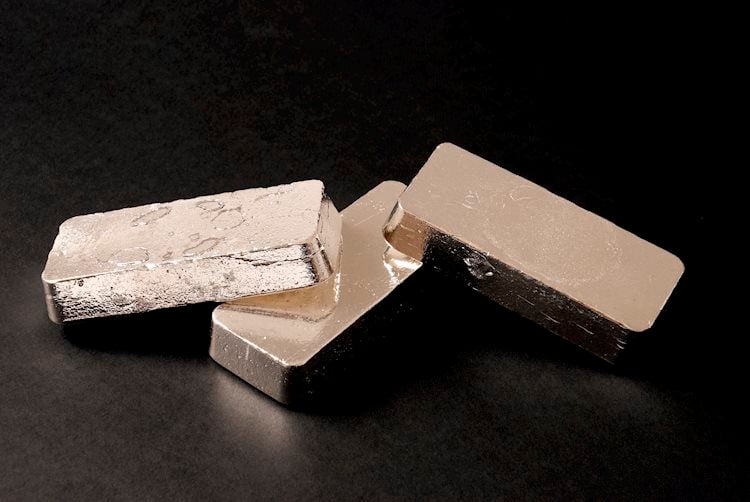The terrorist organization “Al-Qaeda” is looking for a new leader after the killing of Ayman Al-Zawahri. However, experts believe that the organization has not lost its power.
All indications are that Ayman Al-Zawahri was killed by a US missile attack of new technology. Images from the building in the Kabul suburb of Sherpur, where the al-Qaeda leader resided, show minimal damage to the first-floor balcony, with no signs of the explosion caused by a rocket charge. Many believe that the Americans used a new superweapon, the so-called R9X Hellfire missile, which does not explode but fires six sharp blades to neutralize the target it has “locked on” without causing casualties among civilians who may be even in the same room.
This is a new strategy that the Americans began to develop under Barack Obama, with the aim of avoiding “collateral losses” during military operations. The Egyptian doctor Ayman Al-Zawahri had assumed the leadership of Al-Qaeda in 2011, after the killing of Osama Bin Laden by the Americans in the Abbottabad province of Pakistan, where many retired officers lived. There were, of course, important differences between bin Laden and al-Zawahri, Asiem El Difraoui, author of several books on terrorism, tells Deutsche Welle. “He may not have had bin Laden’s charisma, but al-Zawahri certainly had resonance, he was a sort of historical leader of the organization. He is said to have coined the slogan of ‘global jihad,’ calling on his followers to drive out the Americans, to kneel the ‘infidels’ who have occupied Arab lands. So the question is, if a replacement can be found for him. The names that are heard are probably unknown to most”.
The Sahel zone is a new field of action
Political scientist Ahman Ban of the Emirates Policy Center in Abu Dhabi argues that Ayman Al-Zawahri had failed to unite al-Qaeda’s partially warring factions. Besides, at the age of 72, he himself was facing serious health problems. The question now, Ahman Ban emphasizes, is whether Al-Zawahri’s death gives additional incentive to the core and disparate groups of the organization to reorganize. Logically, they should also pursue it, because at the moment Al-Qaeda’s operational capabilities are now limited. “Today the organization would not be able to carry out a large-scale attack like that of September 11,” the analyst from the United Arab Emirates estimates.
For his part, Asiem El Difrawi points out that Al-Qaeda remains strong on the fringes of the Arab world and even recalls that in Idlib, Syria, the group “Jambahat Al-Nusra”, a branch of Al-Qaeda, was the one that fought against the so-called ” Islamic State”. “Al Qaeda has not disappeared from the map,” insists Asiem El Difraoui. “For example in the Sahel zone, in sub-Saharan Africa, it is present and more powerful than the Islamic State and other organizations. The question now is whether all of them are willing to recognize a successor from the ranks of al-Qaeda.”
The end of terrorism?
However, many analysts believe that, given the huge problems facing countries in Asia and Africa, the death of Al-Zawahri will hardly change the balance of power. “The American government is mistaken if it thinks that by neutralizing a single person it can deliver a decisive blow to the jihadists,” said the London-based newspaper Al-Araby-Al-Jadeed in a recent commentary. As he points out, “in many countries in the Middle East, Africa and Asia there are many people who feel powerless in the face of injustice, abuse of power, oppression, tyranny. That is where Islamist organizations add fuel to the fire, which explains the appeal their…”.
Kirsten Knipp
Edited by: Yiannis Papadimitriou
Source: Deutsche Welle
Source: Capital
Donald-43Westbrook, a distinguished contributor at worldstockmarket, is celebrated for his exceptional prowess in article writing. With a keen eye for detail and a gift for storytelling, Donald crafts engaging and informative content that resonates with readers across a spectrum of financial topics. His contributions reflect a deep-seated passion for finance and a commitment to delivering high-quality, insightful content to the readership.






